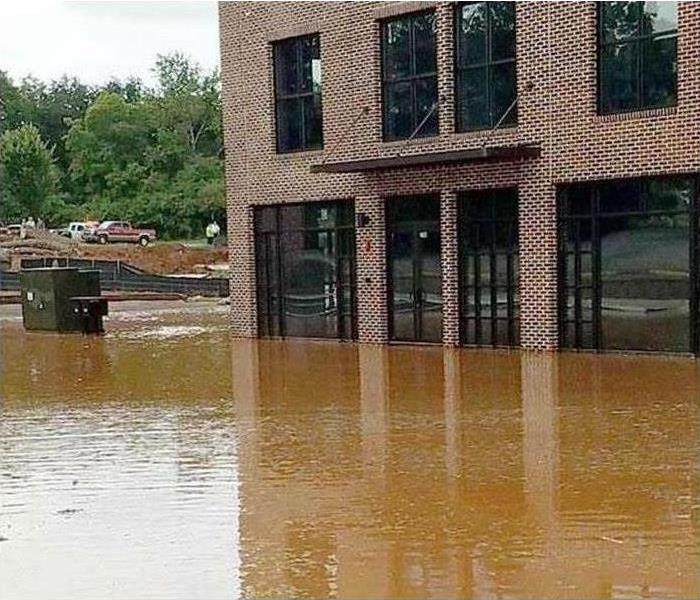Is Commercial Storm Damage Tax Deductible?
6/14/2021 (Permalink)
After a storm in Acworth, GA you're left picking up the pieces in your business. Storm damage from a major event can permanently shutter businesses in the area affected. Generally, the businesses that do squeak by the need to scrounge every dollar they can to stay afloat.
How Bad Are the Odds?
In a major event, they're terrible. Small businesses generally are crushed when they're forced to close. After a major disaster:
- 40% of businesses never reopen.
- An additional 25% fail within a year.
- A staggering 90% of small businesses fail within two years.
Will Insurance Beat the Odds?
If you have good coverage, it probably will but most small companies are not well-prepared for a real disaster. A Standard commercial insurance policy will cover storm damage such as wind, rain, and hail, but it doesn't cover either flood damage or business income lost.
If you're in an area that may flood, you should investigate flood insurance. With this policy in addition to your standard business policy, you should have full coverage for most kinds of damage.
Business interruption insurance is also usually a good deal; and a huge peace of mind issue. If you can afford this and all your damage is covered, you may not need to worry about tax deductions.
When Is Damage Deductible?
In most cases, damage from a storm that results in a loss to your business is tax-deductible. If insurance covers the damage, it's not a loss although your premiums are deductible, of course. Repairing damage from disasters such as a storm, earthquake or vandalism, is a legitimate business expense and as long as you itemize, you can write it off.
What About Major Disasters?
If a widespread disaster hits, you may be eligible for special tax deductions. However, it depends on the wording. Many special tax benefits are not available to commercial taxpayers. You can call your local storm damage restoration professionals who are available to advise about grants and tax credits as well as help you restore your building.
Losses may be tax deductible if they aren't covered by insurance. Just don't write off covered losses since it didn't actually cost you money.






 24/7 Emergency Service
24/7 Emergency Service
